Digital vs Manual Controls
chrstnamarie
10 years ago
Related Stories

HOME TECHIs the Timing Finally Right for Framed Digital Art?
Several companies are preparing to release digital screens and apps that let you stream artworks and video on your wall
Full Story
ARTNew Digital Art Frame Gets Put to the Test
Our writer sets up the EO1 at home, then invites artist friends over for a look — at images of their own work. See what they have to say
Full Story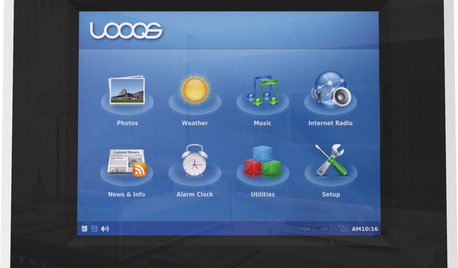
HOME TECHPicture This: Your Digital Photos Deserve Frames Too
Decorate with family memories — and swap them out in an instant — with frames made just for showing and sharing digital photos
Full Story
HOME TECHFacebook Meets Fido: Pet Connections for the Digital Age
Three new products let you communicate with your dog or cat while you're at work
Full Story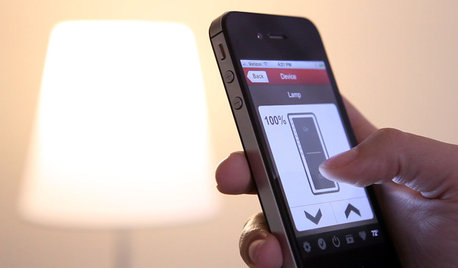
HOME TECHSwitch On the Phone-Controlled Home
Lock your front door from afar, let your thermostat set itself and more when you use your phone as a control device
Full Story
KIDS’ SPACESControl Kid Stuff the Sane Way — Artwork-Managing Strategies
Enlist your child's help in managing creative piles to set the stage for good habits and make organizing easier on you
Full Story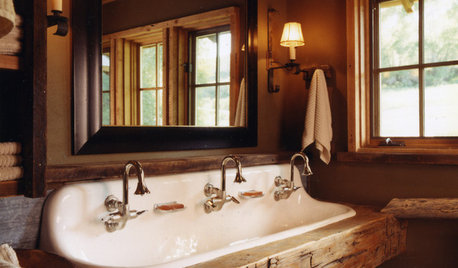
BATHROOM DESIGN8 Fabulous Faucets for All Kinds of Bathrooms
Find a new idea for your bathroom sink in 8 very different faucet designs, from waterfall to high-tech digital
Full Story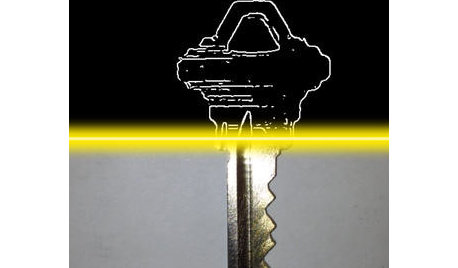
HOME TECHUnlock Your Smart Phone's Front-Door Powers
Take your locks and keys into the digital age with 3 solutions that put convenience and new capabilities on your doorstep
Full Story
HOW TO PHOTOGRAPH YOUR HOUSE7 Pro Lighting Tips for Budding Home Photographers
Learn how to control daylight and artificial light to get high-quality home photos even if you're just starting out
Full Story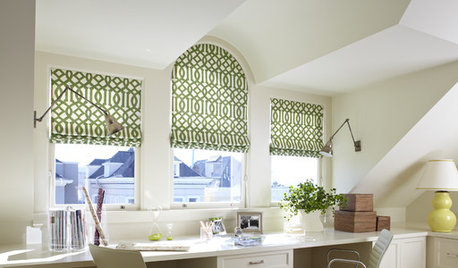
ORGANIZING8 Steps to a Winning Filing System
When you streamline your paperwork and digital files for easy use and maintenance, it's an organizational triumph
Full StoryMore Discussions






gtadross_gw
LoPay
Related Professionals
Beavercreek Kitchen & Bathroom Designers · Bethpage Kitchen & Bathroom Designers · Greensboro Kitchen & Bathroom Designers · Hemet Kitchen & Bathroom Designers · Palm Harbor Kitchen & Bathroom Designers · Waianae Kitchen & Bathroom Designers · Elk Grove Village Kitchen & Bathroom Remodelers · Islip Kitchen & Bathroom Remodelers · Pinellas Park Kitchen & Bathroom Remodelers · Warren Kitchen & Bathroom Remodelers · West Palm Beach Kitchen & Bathroom Remodelers · Glenn Heights Kitchen & Bathroom Remodelers · Brea Cabinets & Cabinetry · Drexel Hill Cabinets & Cabinetry · Newcastle Cabinets & Cabinetrywekick
dadoes
nycbluedevil
dadoes
weedmeister
Peke